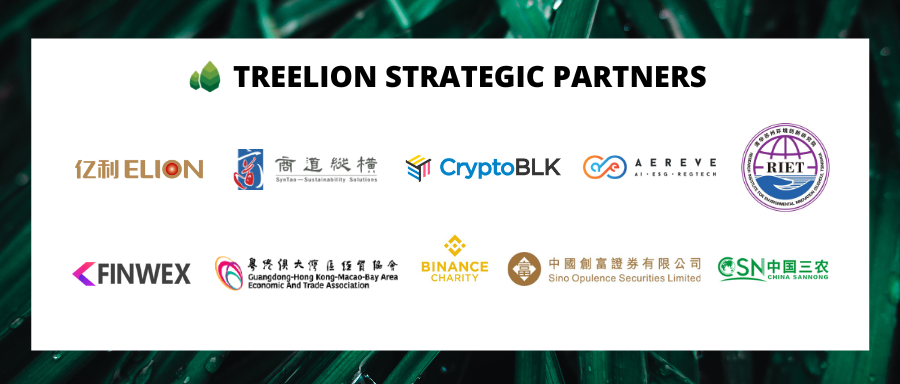

The Ministry of Industry and Information Technology (MIIT), the National Development and Reform Commission (NDRC), the Ministry of Ecology and Environment (MEE), and the Ministry of Housing and Urban-Rural Development have recently jointly issued the “Carbon Peak Implementation Plan for Building Materials Industry” (hereinafter referred to as the Implementation Plan). The Implementation Plan put forward the major stage goals of the 14th and 15th National Five-Year Plan, incorporated with the practicalities of the building material industry.
During the 14th Five-Year Plan (2015-2020), the structural adjustment of the building materials industry has made significant progress, while the energy-saving and low-carbon technologies were continuously and extensively spread. The unit energy consumption and carbon emission intensity of key products such as cement, glass, and ceramics have continuously declined. In particular, the comprehensive energy consumption is reduced by more than 3% per unit product of cement clinker.
During the 15th Five-Year Plan (2021-2025), the industrialization of low-carbon key technologies has achieved major breakthroughs in the industry, and the fundamental industrial system of low-carbon circular development has been established. A great proportion of raw fuels have been substituted, ensuring that the building materials industry reaches its carbon peak before 2030.
In order to effectively achieve carbon peaking of the industry, the Implementation Plan puts forward five primary missions, which are to Strengthen the total amount control, Promote raw material substitution, Transform energy structure, Accelerate technological innovation, and Promote green manufacturing.

1. Encourage mergers and reorganizations to enhance industry concentration further
Recently, China has stepped up supply-side structural reforms in key industries such as cement and flat glass, production capacity has been effectively controlled. Considering that the demand for such products has entered a levelled adjustment period, with the ongoing advancement of the “dual carbon” work, it is still necessary to strictly control the total production capacity of these industries.
In this regard, one of the primary missions proposed in the Implementation Plan is to Strengthen the total amount control. It includes three aspects, in particular, guiding the exit of inefficient production capacity, preventing the addition of excess production capacity, and improving cement staggered production. The plan proposed to strengthen the implementation and inspection of the building materials industry, improve the incentive and restraint mechanism, fully mobilize the enthusiasm of enterprises in implementing staggered production in accordance with laws and regulations
Despite absorbing more than 600 million tons of industrial waste residue every year by promoting the co-processing of bulk solid waste resources (such as domestic waste and phosphogypsum) in cement kilns, the building materials industry disposed of more than 10 million tons of garbage, sludge and hazardous waste.
In the next step to Promote raw material substitution, the Implementation Plan proposes to focus on promoting the following work. Firstly, strengthen inter-industry coupling and accelerate the promotion and application of new varieties of low-carbon cement, on the premise of ensuring the quality of cement products. Secondly, promptly promote the utilization of solid waste from building materials, and support the construction of numerous solid waste processing and detoxifying projects in major cities. Thirdly, promote the reduction and precise use of building materials products, and accelerate the development of new low-carbon cementitious materials.
2. Guide building materials enterprises to consume renewable energy
Energy optimization is the premise for the building materials industry to reach its carbon peak. The building materials industry mostly adopts the kiln production process, more than 30% of the industry’s total carbon dioxide emissions are accounted for fuel combustion process emissions. Reducing the use of coal and fully excavating the “calcination value” of clean energy will boost the carbon emission reduction in the industry. The plan proposes to Transform energy structure, by accelerating the adoption of clean energy, encouraging enterprises to actively consume renewable energy such as solar and wind energy, and encouraging higher responsible renewable energy consumption than the regional minimum requirement, to reduce fossil energy consumption. Initiate enterprises to establish and improve the energy management system and improve energy efficiency.
To Accelerate technological innovation, the plan proposes to accelerate the R&D of critical low-carbon technologies and enhance technical support for energy saving and consumption reduction. Promptly promote related technology, equipment and digital transformation to building materials enterprises, as well as utilize the new generation of information technology.
In terms of Promoting green manufacturing, the plan emphasises the green transformation of the building materials industry. Firstly, strengthen the environmental management of enterprises over their production cycle to build an efficient and clean production system. Secondly, build a green product system by promoting standard system construction, product certification, and related work. Thirdly,
Cultivate large green building materials enterprises and industrial clusters, carry out activities such as transporting green building materials to the rural area, develop industrial coordination between green building materials and green buildings, and accelerate the production and application of green building materials.

Building materials companies are large energy consumers. The Implementation Plan pushes forward the application of renewable energy in this field, which will not only speed up the development of the renewable energy industry but also initiate more companies to conduct green power transactions and green certificate transactions.



